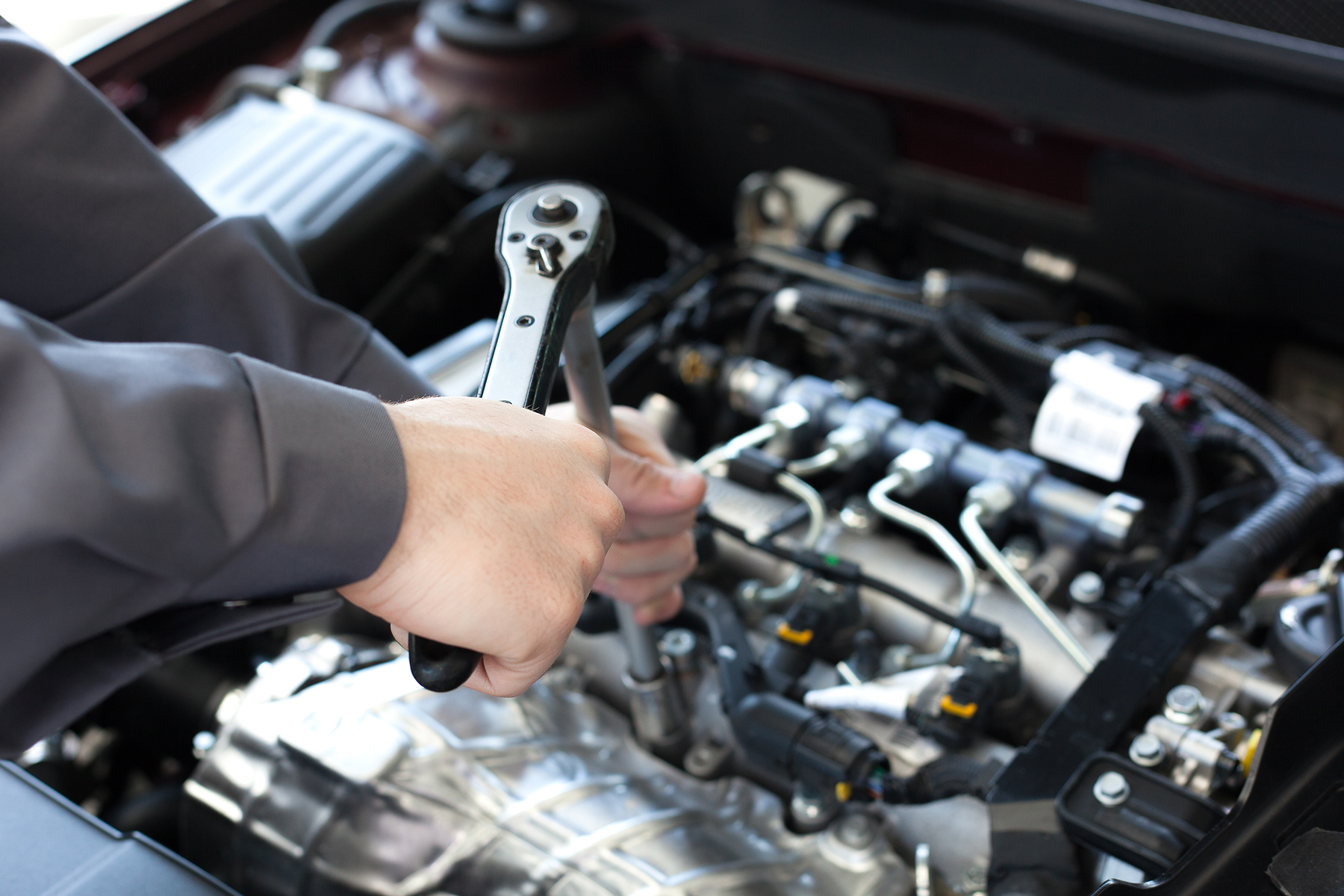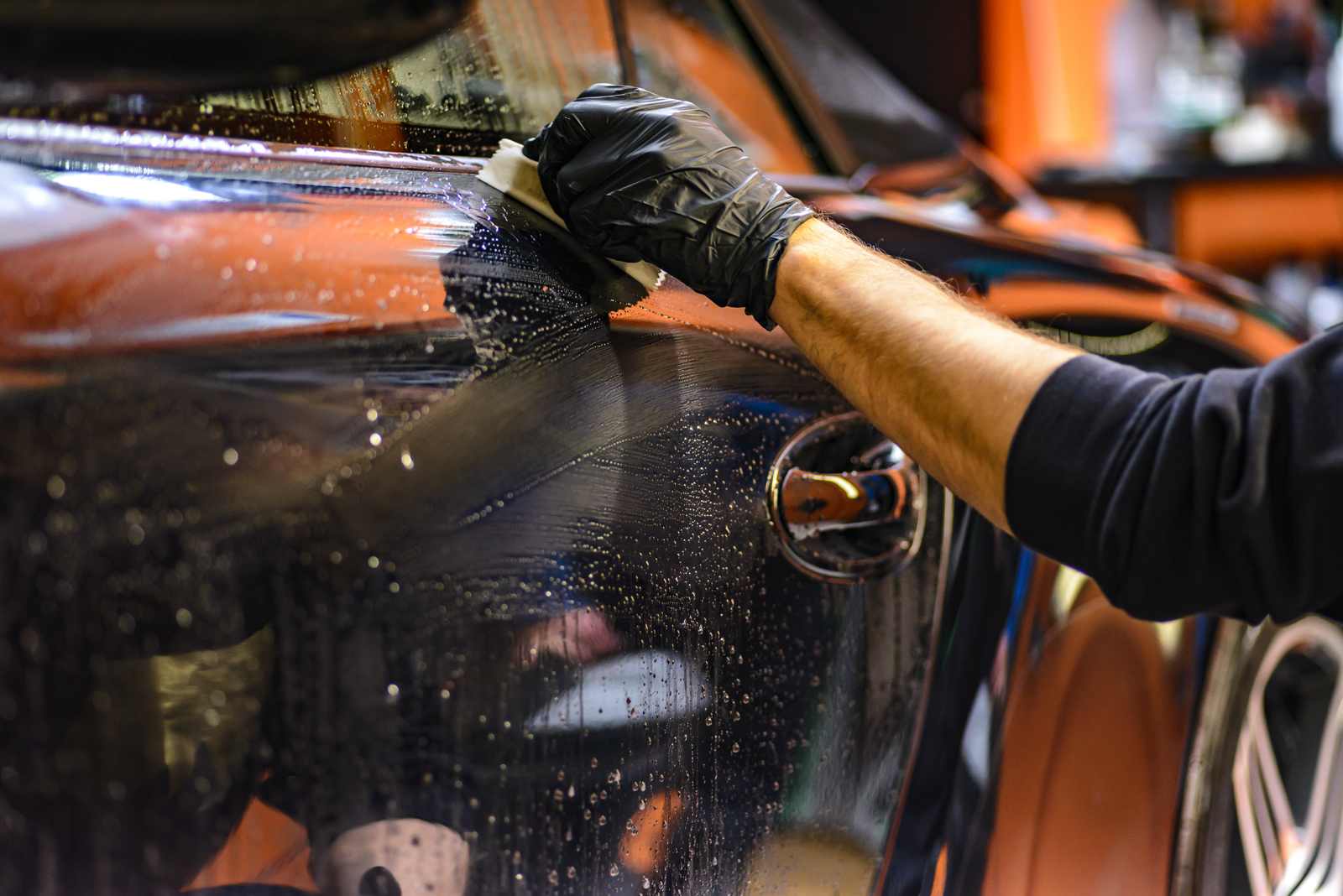Reconditioning is biggest barrier to getting vehicles on sale, dealers say
With strong competition in the wholesale market, some dealers are choosing to upgrade lower condition vehicles rather than pay top price for ready-to-retail stock. However, this leads to delays in putting the vehicles on sale.
In a new survey by auction company Manheim, 85% of dealers said that the time taken to complete reconditioning work is the biggest delaying factor in getting a vehicle on the forecourt.
Philip Nothard, customer insight and strategy director for Manheim, said: “We know that margins are under pressure, with almost half (48%) of the dealers we surveyed reporting a year-on-year margin decline.
“These pressures, coupled with a competitive wholesale market, mean that retailers are managing costs extremely carefully. One strategy is to buy lower grade vehicles, or keep hold of part-exchange stock and recondition it before putting it on sale.”
The survey also found that it takes an average of 3-4 days to list a newly-sourced vehicle for 42% of dealers, while just under a quarter reported an average of 5-6 days.
Although reconditioning can reduce the initial outlay for a dealer, there are hidden costs in the potential impact on time to sell, Nothard explained.

He cited research from cap hpi which shows that a standard used family hatchback like a Ford Focus can depreciate by an average of £7 per day — a hidden cost of £28 per car if it takes an average of four days to list a vehicle.
“It’s worth being aware of this hidden cost because there are ways to mitigate it,” Nothard said.
“It goes without saying that a reliable reconditioning partner is a must for dealers that don’t have in-house reconditioning facilities.”
Nothard also suggested giving sales staff appraisal training to ensure an accurate appraisal. This helps the dealer make an informed decision on what to do with a part-exchange car, and may mean it can be booked in for reconditioning work earlier.
It’s also worth considering listing a vehicle for sale with an image before any reconditioning work is carried out.

“Even a simple image of the car will generate significantly more consumer interest; Auto Trader data shows that vehicle adverts with placeholder images perform 62% worse than those with real images,” Nothard explained.
He concluded: “The key to margin gain for dealers is to be fully aware of the impact that longer preparation times can have, so they can take steps to reduce the impact on ROI wherever possible.”
Motor trade insurance from the Insurance Factory covers a wide range of businesses in the motor trade, from full-time or part-time traders to mechanics, valeters and scrap yards. We can arrange cover to suit you and your business — so why not get a quote today?